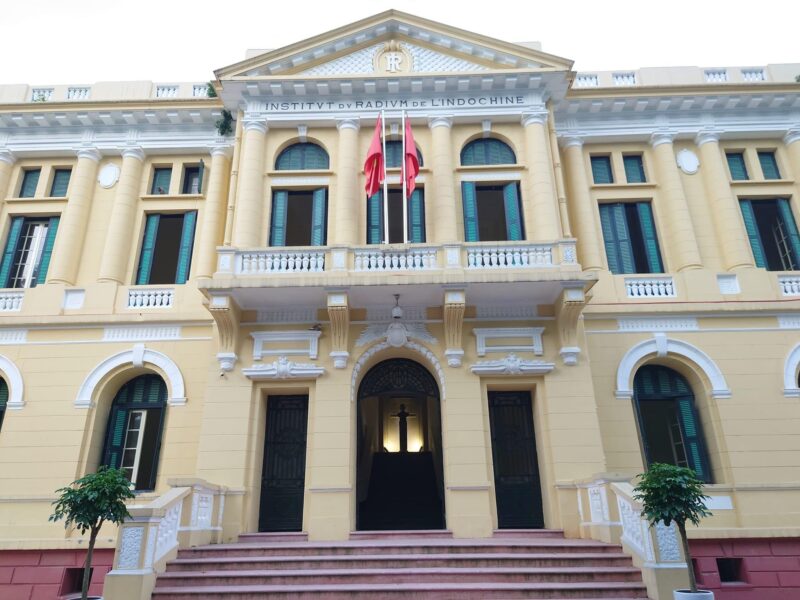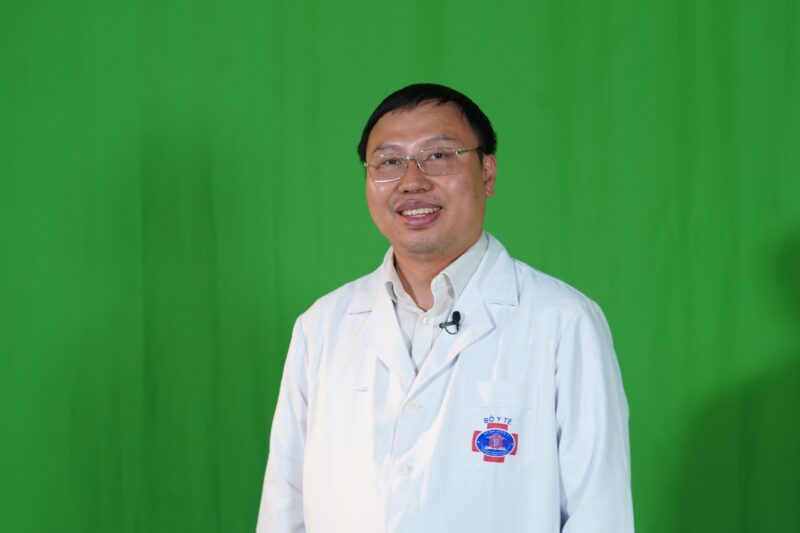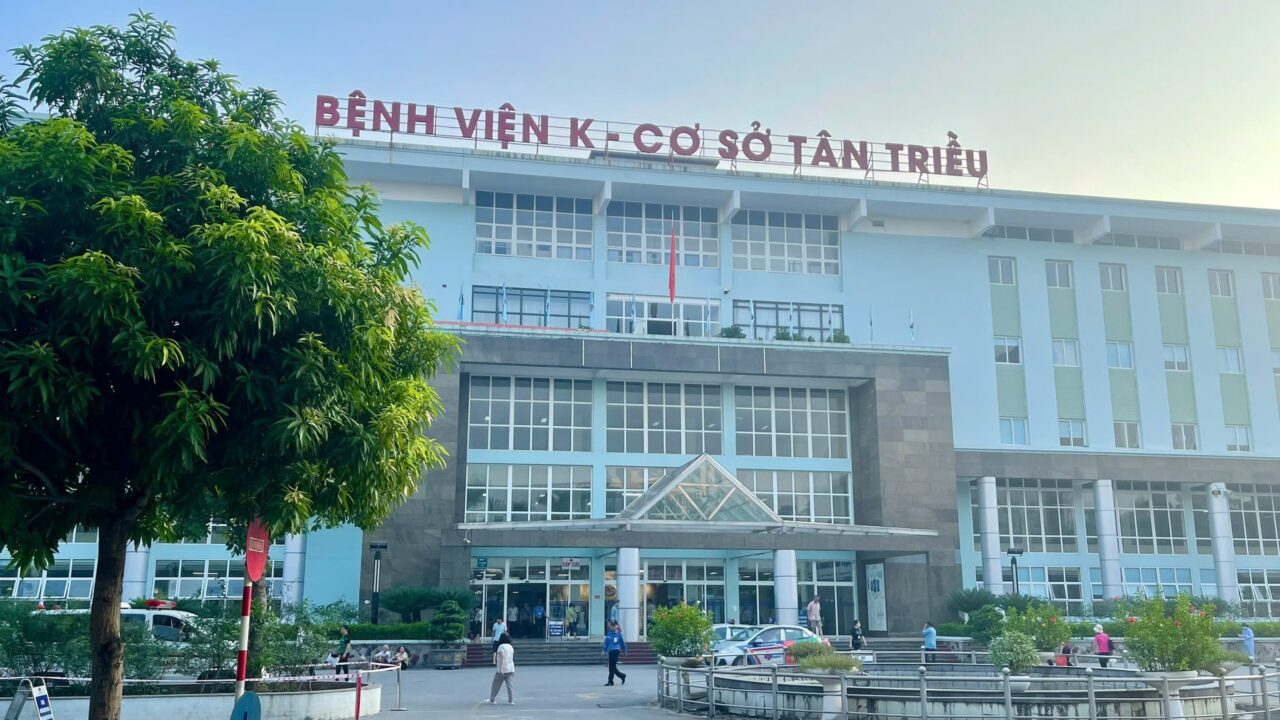By Pham Tuan Anh
From Infectious Diseases to Non-Communicable Burden
More than three decades ago, the most common diseases in Vietnam were associated with poverty and poor living conditions, such as infectious diseases and malnutrition. With the country’s rapid socio-economic development over the last 20–30 years, Vietnam is no longer classified among the world’s poorest nations. The population has grown healthier, taller, and longer-living, and the disease spectrum has shifted towards non-communicable diseases such as cancer, cardiovascular disease, and diabetes—conditions more commonly seen in industrialized societies.
Cancer Burden on the Rise
Like much of the world, Vietnam faces a steadily increasing cancer burden, projected to rise by 50% in the next decade. According to GLOBOCAN 2022 (IARC), Vietnam recorded an estimated 180,480 new cancer cases and 120,184 cancer deaths. This equates to 151 new diagnoses and 99 deaths per 100,000 population. Currently, more than 409,000 Vietnamese people are living with cancer. The five most common cancers in both sexes are breast, liver, lung, colorectal, and stomach cancer. For comparison, Vietnam reported around 125,000 new cases and 94,000 cancer deaths in 2010, and only 68,000 new cases in 2000.
Rapid Advances in Cancer Care in Vietnam
Alongside national development, oncology in Vietnam has made remarkable progress. Today, advanced diagnostic and therapeutic technologies available worldwide are also accessible in Vietnam, including multi-slice CT, high-field MRI, PET/CT, next-generation sequencing (NGS), robotic-assisted surgery, organ transplantation, immunotherapy, and targeted therapy. Proton therapy systems are expected to be introduced in the near future.
Vietnamese oncologists are equipped with state-of-the-art facilities and adhere to internationally recognized treatment guidelines (NCCN, ASCO, ESMO). Multimodal cancer care—surgery, radiotherapy, and systemic therapy—is fully implemented nationwide. Systemic therapy includes chemotherapy, hormonal therapy, immunotherapy, targeted therapy, and stem cell transplantation. All major drug classes used globally are available in Vietnam, from cytotoxic agents to hormonal modulators, checkpoint inhibitors, monoclonal antibodies, and small-molecule inhibitors. The introduction of biosimilars and generics has further improved treatment accessibility.
Personalized, Precision, and Multidisciplinary Oncology
Cutting-edge innovations such as NGS-based genetic testing, minimally invasive and organ-preserving surgeries, advanced radiotherapy techniques (IMRT, VMAT, adaptive radiotherapy), and personalized systemic therapies are now integrated into clinical practice. Cancer treatment in Vietnam is inherently multidisciplinary, with therapeutic decisions guided by tumor type, histology, stage, and patient condition, discussed within tumor boards and supported by global clinical evidence.
Despite these advances, a major challenge remains: over 70% of Vietnamese cancer patients present at a late stage, limiting treatment effectiveness and outcomes.
Palliative Care and Patient-Centered Services
Palliative care has been introduced in Vietnam over the past two decades, focusing on symptom control, psychological support, and quality-of-life improvement for patients and families. Dedicated units are now operational at leading oncology centers. Patient satisfaction surveys indicate that over 80% of patients rate their hospital experiences positively, though further improvements in service quality and international-standard holistic care remain a priority.
Prevention, Early Detection, and Public Awareness
Vietnam is strengthening cancer prevention and screening programs, emphasizing lifestyle modifications such as tobacco and alcohol control, healthy diets, vaccination against HBV and HPV, and community-based cancer screening. These initiatives aim to reduce cancer incidence and mortality through early detection and intervention.
Bệnh viện K: A Century of Leadership in Cancer Care
Bệnh viện K (National Cancer Hospital), founded from the Indochina Curie Institute in 1923 and officially established in 1969, is the leading oncology hospital in Vietnam. On November 2, 2023, the hospital celebrated its 100th anniversary. Today, it operates across three modern campuses with 2,400 beds and nearly 2,000 staff, delivering around 400,000 treatments annually, including 32,000 surgeries, 39,000 chemotherapy patients, and 16,000 radiotherapy patients. The hospital is at the forefront of cancer management in Vietnam.

The historic first building of the Indochina Curie Institute
Its mission is to reduce the cancer burden through prevention, screening, early detection, treatment, education, research, and international collaboration. The hospital also directs a nationwide oncology network, supporting 9 specialized hospitals and 69 oncology units nationwide, contributing significantly to Vietnam’s national cancer control strategy.
Looking Ahead
After 100 years of development, Bệnh viện K has become not only a national symbol of oncology but also a trusted partner internationally. Through international collaborations, cutting-edge technology, and highly skilled physicians, Vietnam is narrowing the gap with developed countries in cancer care. The journey is ongoing, but the progress achieved in just a few decades is nothing short of remarkable.

Dr. Pham Tuan Anh is a medical oncologist at National Cancer Hospital of Vietnam (K Hospital). He attained his MD in 2009, MSc in 2012 and PhD in 2021 from Ha Noi Medical University. He received 3 year residency training on medical oncology at K Hospital. He also studied at National University Cancer Institute, Singapore in 2011 as a clinical fellow, completed a short clinical attachment at Northern Sydney Cancer Centre in Sydney, Australia in 2012 and undertook clinical training course on medical oncology at Asan Medical Center, Seoul, Korea in 2013 and at National Cancer Center, Tokyo, Japan in 2014.
Dr. Tuan Anh is a full member of the American Society of Clinical Oncology (ASCO) and the European Society for Medical Oncology (ESMO). He is a former member of the ASCO Asia Pacific Regional Council and a current member of the ESMO National Societies Committee. He also serves as the program coordinator of Health Volunteers Overseas (HVO) at K Hospital. His achievements were recognized in 2013 & 2016 when he received IDEA ( International Development & Education Award) of ASCO. Dr. Tuan Anh has been the co-investigator on a number of international clinical trials conducted in Viet Nam, especially on lung and breast cancer.
He also has served on cancer protocol committees for K Hospital and has been a committee member for the NCCN Harmonized Guidelines for Vietnam. He has co-authored some books, written many articles in oncology as well. He has a strong desire to improve and innovate cancer care in Vietnam.


